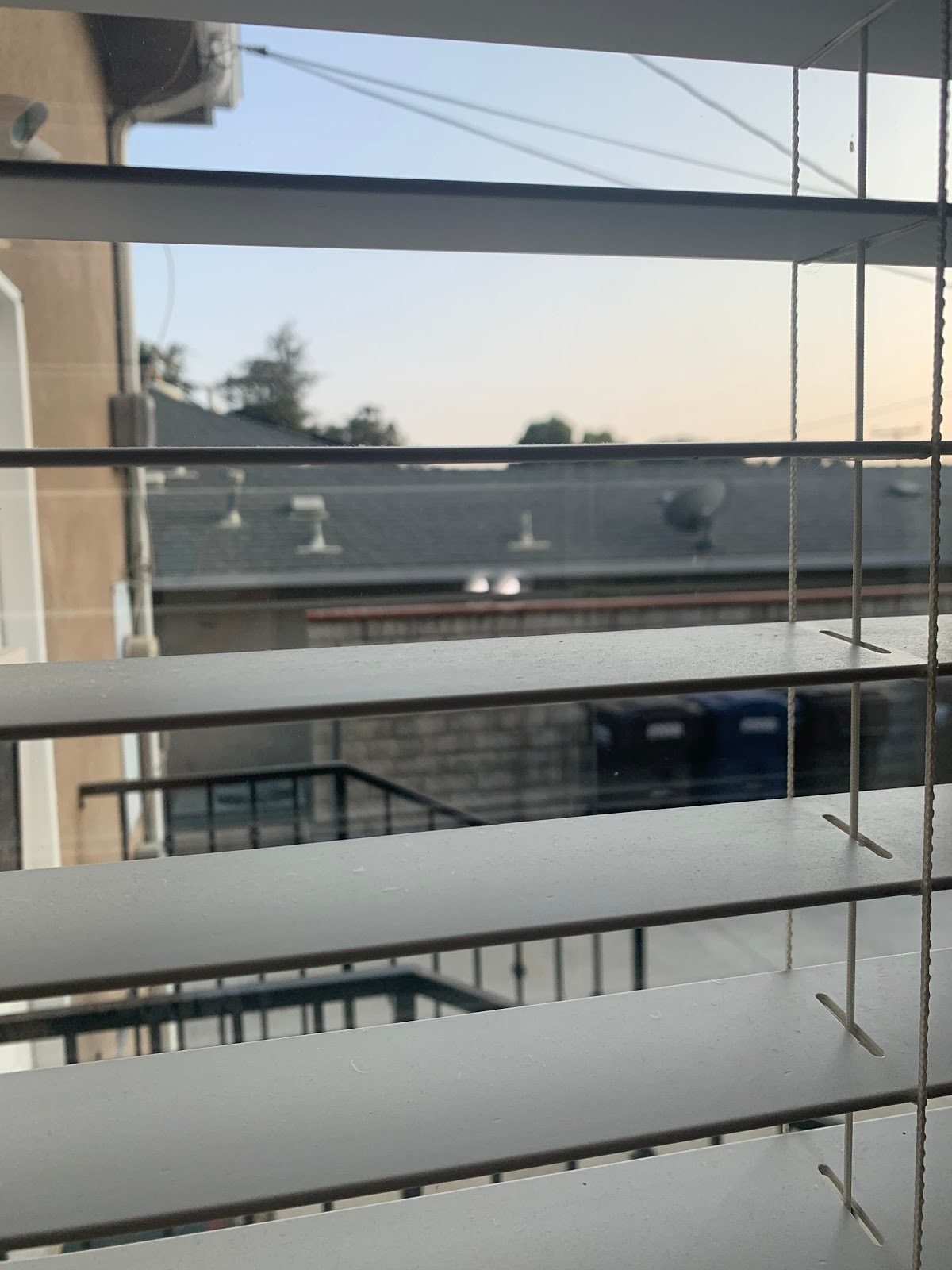I stare outside my window. Yesterday, I was able to see the mountain just behind the row of houses facing mine. Today, all I see are rooftops from the street across, then a haze of opaque gray-white. The air filter in my room, usually emanating a blue light to indicate normal air quality, has been flickering a sick green for the past couple of days. Besides the masks and the mess of my room, the hazy sight and charred scent of smoke is a reminder of a jarring reality — its tangibility, in a way, strangely comforting.
Most of us have stared out the same windows, seeing the same neighbors doing the same things, texting the same friends and wasting our days in the same detached manners; yet, within those months, so much of the world seems to have shifted under our feets. A pandemic sweeping devastation across the globe, a defiant movement for racial justice and equity, political instability between electing a leader and foreign affairs, and now, a blazing fire that looms for those in the West Coast. But these days, even reality feels deceiving.
Since the catastrophes of 2020 began, it’s hard to deny the sense of losing touch with things. Growing distant from the normal habits of socialization that had once been such casual parts of lifes: a restlessness — maybe aimlessness, too — that had maybe revitalized us in the beginning, but now only drains us. Even with all the time in the world, feeling like I can finally catch up to my life after running breathlessly for the past couple years — as soon as the sense of futility plagues me, 24 hours feels like another burden rather than an opportunity. And between losing myself and feeling overwhelmed, there is no place for the happy balance I’d hoped for in quarantine.
But sitting in an air-conditioned room and staring at my computer screen, it’s impossible to ignore my privilege. For some, these months have whisked away their loved ones, reinforced the racial and socioeconomic hierarchies, or taken away any opportunities or stability they might have had.
And that makes me realize, too, that while our personal struggles are always valid, they sometimes need to be contextualized. As much as this time feels like a listless drone, the way to alleviate it can be by looking forward, acknowledging what needs to be acknowledged, and just trying our best. The resolution may not be a grand announcement that puts an end to our misery — it may just be finding value in the little things, framing our problems as possibilities to overcome, and retaining hope and gratitude for ourselves.
I see the pile of masks and examine the fire maps and read the news about looming events threatening the entire country. But even as I do, I look at the stacks of books I’ve yet to read, the songs I’ve yet to listen to. I listen to my sputtering A/C. I ravish every meal and look up at the sky, regardless of how obscure it is, and imagine the smoke like heavy clouds

